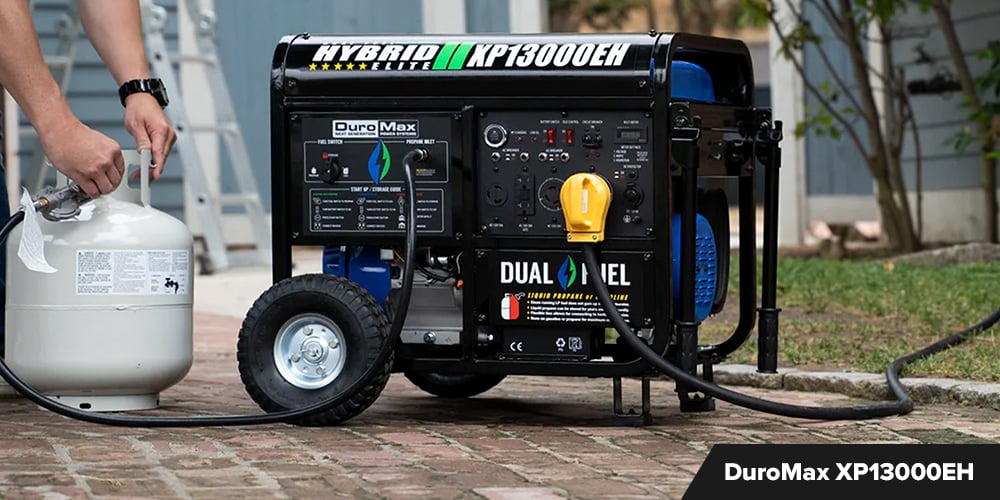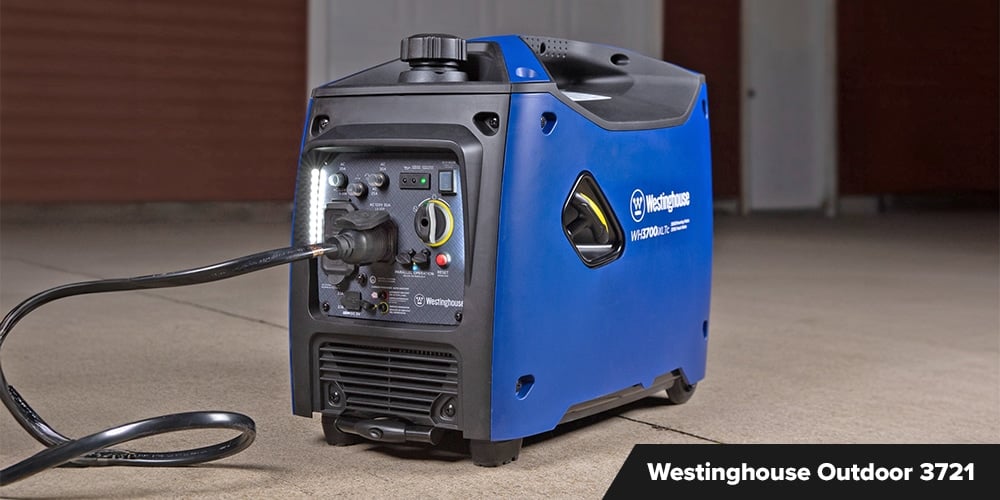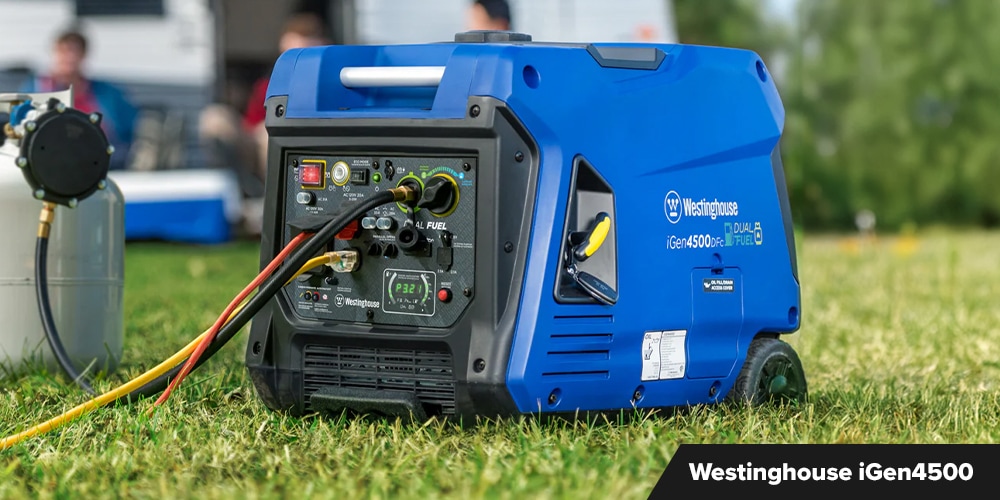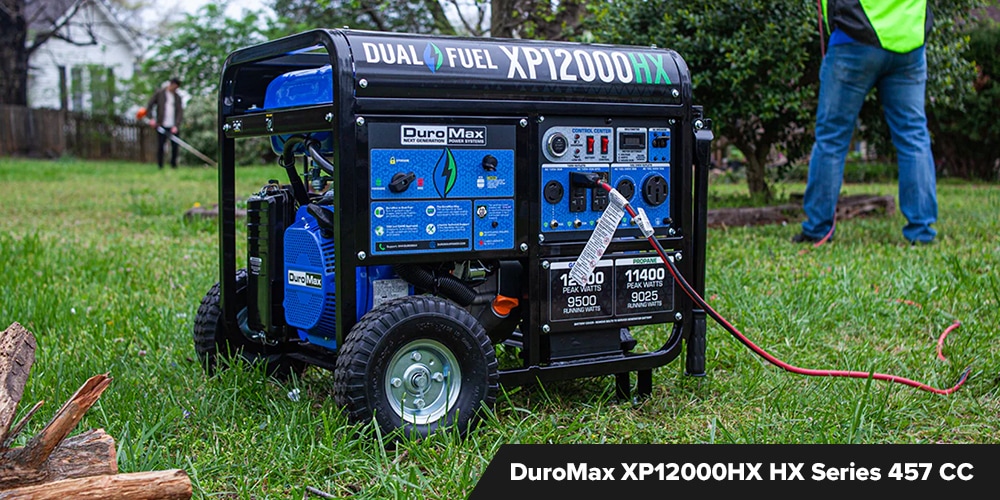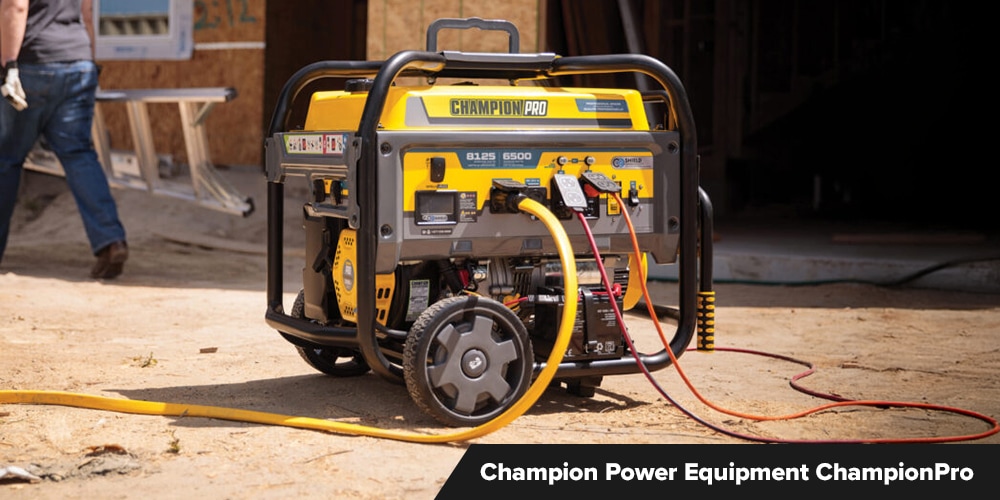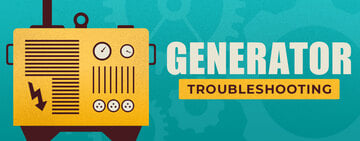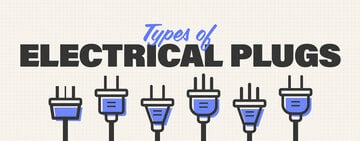There are many factors to consider while choosing a generator for your business. Some prioritize long-lasting performance and efficiency, while others look for the highest energy output. We'll examine important generator purchasing considerations below:
1. Run Time
The run time of a generator refers to how long it can operate on a full tank of fuel. For food trucks and outdoor catering services that require their appliances to run continuously for extended periods, opting for a generator with a longer run time is imperative. On the other hand, if you anticipate using your generator only occasionally or powering select appliances for short durations, a generator with a shorter run time may suffice.
2. Fuel Type and Capacity
Commercial generators can run on different fuels, including diesel and gasoline, as well as propane and natural gas. Consider the availability and cost of fuel in your area when selecting the most suitable option for your needs. Calculate your power needs and choose a generator with the appropriate fuel capacity to ensure an uninterrupted power supply.
3. Size
The size of the generator significantly impacts its functionality and practicality for your business needs. If your business requires a generator that can be easily moved from one location to another, opting for a light weight, compact unit is essential. Look for a generator that offers a smaller footprint but still delivers high energy output for optimal performance on the go. On the other hand, if your generator will primarily be used on-site and won't need frequent transportation, you may opt for a larger unit. Larger generators provide higher power output, making them ideal for heavy-duty applications. Additionally, consider the weight of the generator when making your decision. A heavier generator may be more challenging to maneuver, especially if you anticipate the need to move it regularly.
4. Noise
While generators are essential for backup power, some models can be loud. Excessive noise can be disruptive and off-putting to customers, impacting their satisfaction. Check the decibel rating to determine how loud the unit will be during operation. Look for generators specifically designed for low noise output, or consider investing in soundproofing options to minimize disruptions.



